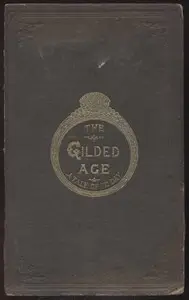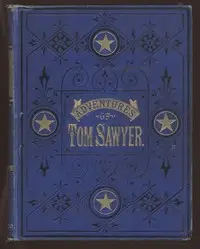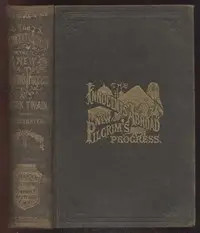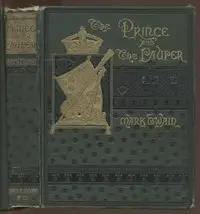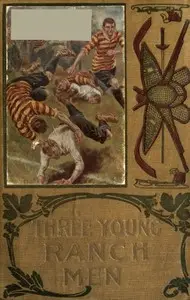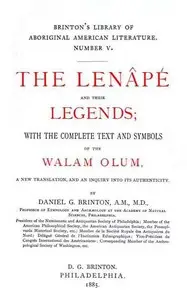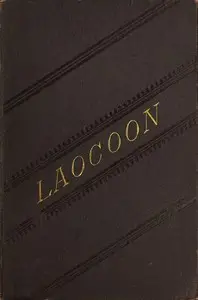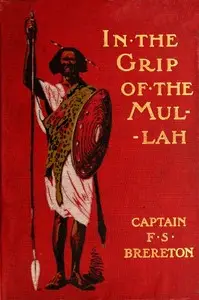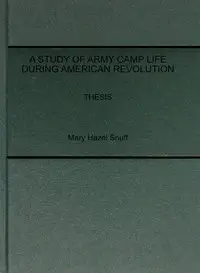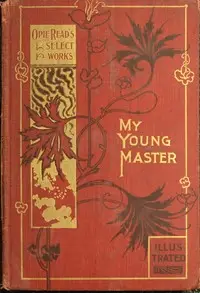"Following the Equator: A Journey Around the World. Part 7" by Mark Twain is a travel narrative written during the late 19th century. In this work, Twain shares observations from his global travels, reflecting on various cultural and social issues encountered along the journey, including education systems and colonial attitudes. The book highlights Twain's unique commentary style—witty, satirical, and often critical of cultural discrepancies. The opening of the narrative sets the tone with a sharp critique of the educational methods both in America and abroad, specifically highlighting the misguided approach to schooling in both India and the United States. Twain discusses a letter he received from a young man in India that illustrates the mismatch between educational aspirations and employment opportunities. He contrasts this societal issue with anecdotes of laughably poor exam answers from students, culminating in a humorous yet poignant examination of education's flaws. Twain argues that a more rational and adaptable educational approach is needed to cater to individual capacities rather than imposing a rigid curriculum that doesn't correspond to students' actual readiness. (This is an automatically generated summary.)
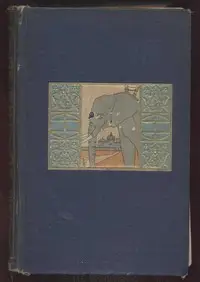
Following the Equator: A Journey Around the World. Part 7
By Mark Twain
"Following the Equator: A Journey Around the World. Part 7" by Mark Twain is a travel narrative written during the late 19th century. In this work, Tw...
Samuel Langhorne Clemens, known by the pen name Mark Twain, was an American writer, humorist, and essayist. He was praised as the "greatest humorist the United States has produced," with William Faulkner calling him "the father of American literature." Twain's novels include The Adventures of Tom Sawyer (1876) and its sequel, Adventures of Huckleberry Finn (1884), with the latter often called the "Great American Novel." He also wrote A Connecticut Yankee in King Arthur's Court (1889) and Pudd'nhead Wilson (1894) and cowrote The Gilded Age: A Tale of Today (1873) with Charles Dudley Warner.

